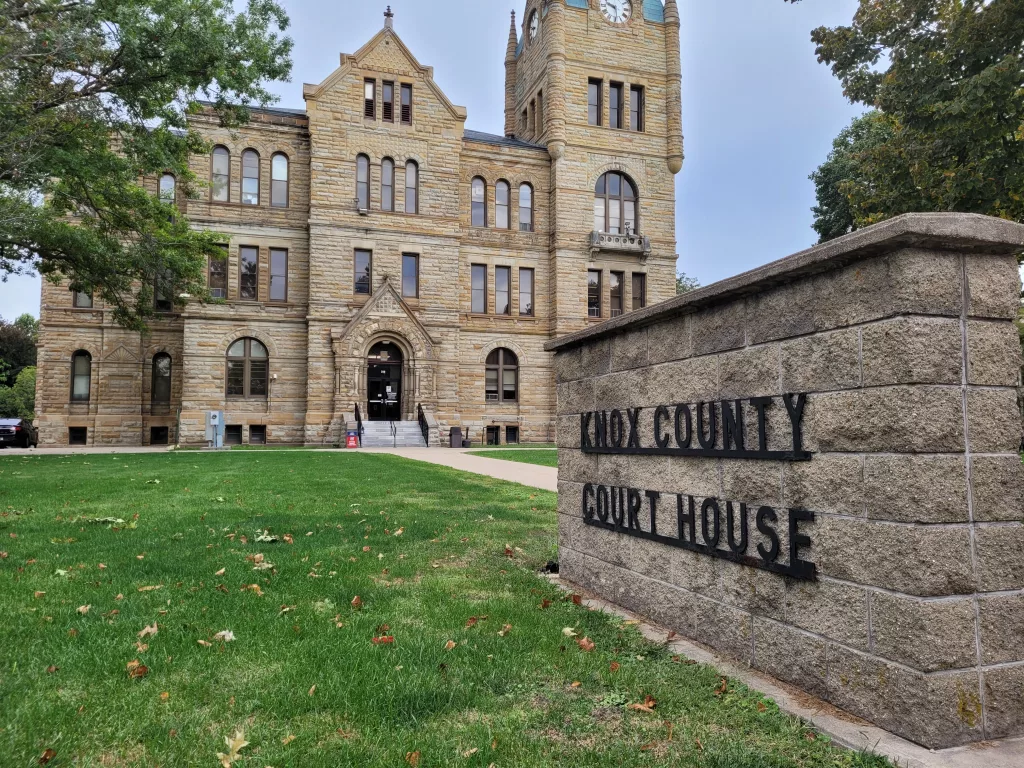The Illinois Supreme Court has upheld the controversial SAFE-T Act, which eliminated cash bail in the State of Illinois.
The stay that the Court issued while the case was pending will be lifted on Monday, September 18, according to Knox County State’s Attorney Jeremy Karlin.
Karlin says that starting September 18, whether a defendant will be held before trial will not depend on the size of their bank account but rather on the level of danger they pose to the community, as determined by the SAFE-T Act.
He says his office will have a comprehensive SAFE-T Act handbook that explains the pre-trial detention process from arrest to conviction. The handbook will include decision trees and flowcharts for all stakeholders, including patrol officers, prosecutors, and courthouse staff. It also contains all the pleadings that our office intends to use to detain dangerous defendants.
Additionally, there will be online training sessions for all courthouse staff, including his office and the offices of the Public Defender and the Circuit Clerk. There will also be multiple training sessions that will be organized for law enforcement and jail personnel to familiarize them with the new procedures.
Karlins says that there will be an on-call attorney for the first five weeks after September 18th. Police officers will be able to consult with me at the time of each arrest to address any questions or concerns as they learn how the new process works.
Finally, he says his office will hold troubleshooting sessions with prosecutors, defense attorneys, and judges before September 18 to anticipate and address potential problems before they occur.
Karlin says that through these preparations, he aims to ensure that Knox County not only complies with the letter of the SAFE-T Act but also maximizes the understanding of every provision under the Act for detaining dangerous defendants, “these challenges do not undermine our resolve and commitment to protecting the people of Knox County.”
